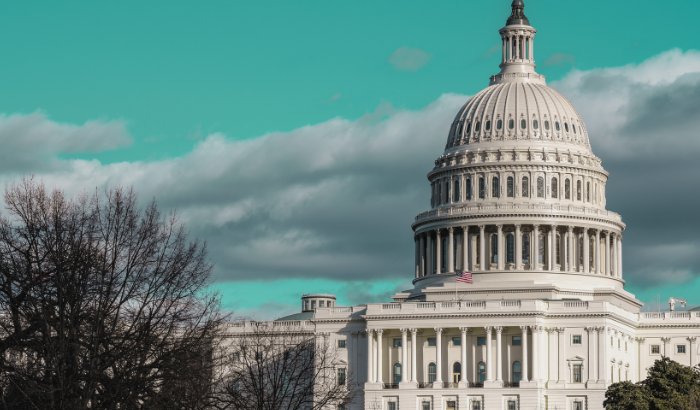
Discussing trust fund regulations, one Cannabis Social Equity Advisory Board member said, “No one here wants us to turn into a collection agency.”
Following their meeting in June, several Massachusetts Cannabis Social Equity Advisory Board (CSEAB) members were outraged to have learned that the state’s fund which was established to help disadvantaged applicants will yield tens of millions of dollars less than expected in its first year.
In the wake of that announcement, the story was picked up by larger local non-cannabis news outlets as well as national weed sites—from the Boston Business Journal, to NBC 10 Boston, to MJ Biz Daily, and Green Market Report, which ran the sub-headline, “Money for the fund was collected, but never transferred into the fund itself.”
On Monday, the CSEAB met for the first time since June, mainly to discuss “Trust Fund Regulations” and their “Joint Appointee Board Member Nomination Process” while addressing the following questions:
- What may constitute a violation of a grant award?
- What situations or factors may contribute to the default of a loan?
- How long should a recipient be prohibited from selling your transferring assets or ownership interest to an entity or individual other than a social Equity business after commencing operations?
- How should [the state] determine whether and how much a recipient will be fined for violating a condition of a grant or a loan?
Rob McGovern, the deputy general counsel for the Executive Office of Housing and Economic Development who sits on the CSEAB, said, “We are continuing to develop these regulations,” and encouraged board members “to discuss the type of criteria to consider”—as well as related issues like eligibility requirements, “what should be considered a default,” and potential penalties. Draft language will come from these meetings, and will be followed by a public input process before being finalized.
Board member Keisha Brice said “ownership disclosure is very important,” and noted, “There’s been lots of concern around individuals who are waiting for crisis funding, so how we define ‘prioritized applicants’ should be a priority.” She also gave an example of what smaller loans could potentially be used for: “If there’s a small grant or some funding for something like renewing employee badges, and [the business owner is] able to show us that’s what it’s going towards, then that to me is a need.”
Brice and others addressed how the state will manage companies that default on their loans, proposing a possible “forgiveness program.”
“Does the loan fund have the ability to securitize the loan with equipment in the facility?” board member Aaron Goines asked, emphasizing the additional responsibility of handing out taxpayer funds. He added, “We need to be very specific. The existing operator is a trailblazer, but I suspect there are those who are insolvent, and I don’t want to throw taxpayer money at someone who is out of business.”
Chris Fevry, a board member and co-founder of the delivery company Your Green Package, said it’s important to consider those who are in business and struggling. Meaka Brown, a board member who helped open Pure Oasis in Dorchester as the first Economic Empowerment-owned dispensary in the state back in 2020, suggested they establish two programs—one for new applicants, and another for existing applicants.
There are currently more than 600 Social Equity, Economic Equity, and Disadvantaged Business Enterprise applicants in the provisional phases of licensing. In 2022, this group got what seemed like promising news, when a state Cannabis Social Equity Advisory Board was established by the Legislature “to advise the Executive Office of Economic Development as EOED administers the Cannabis Social Equity Trust Fund.”
The legislation also created the CSEAB to “advise the Executive Office of Economic Development on the development of regulations, administration, and reporting of the Cannabis Social Equity Trust Fund,” which “was established to encourage the full participation in the state’s regulated marijuana industry of entrepreneurs from communities that have been disproportionately harmed by marijuana prohibition and enforcement.”
But at their June meeting, CSEAB members learned that rather than the tens of millions expected to move into the pot from 2022 sales, the starting balance of the fund will only likely be $2 million to $4 million. Apparently it’s not as simple as calculating 15% of the Marijuana Regulation Fund, which for FY 2022, when the state collected $156,669,255, would be more than $20 million.
As of this week’s meeting, there was still no bank account, and there hadn’t been a transfer. Rory O’Hanlon, the deputy chief of staff for the Executive Office of Housing and Economic Development, said he expects funds to arrive in early November, adding that this week’s “conversation set up the guardrails.”
“This money has to keep going,” Goines said during the meeting. If it doesn’t, we’re doing a disservice to those who want to get into the industry.”
The next CSEAB meeting will be held on Sept. 25.

























